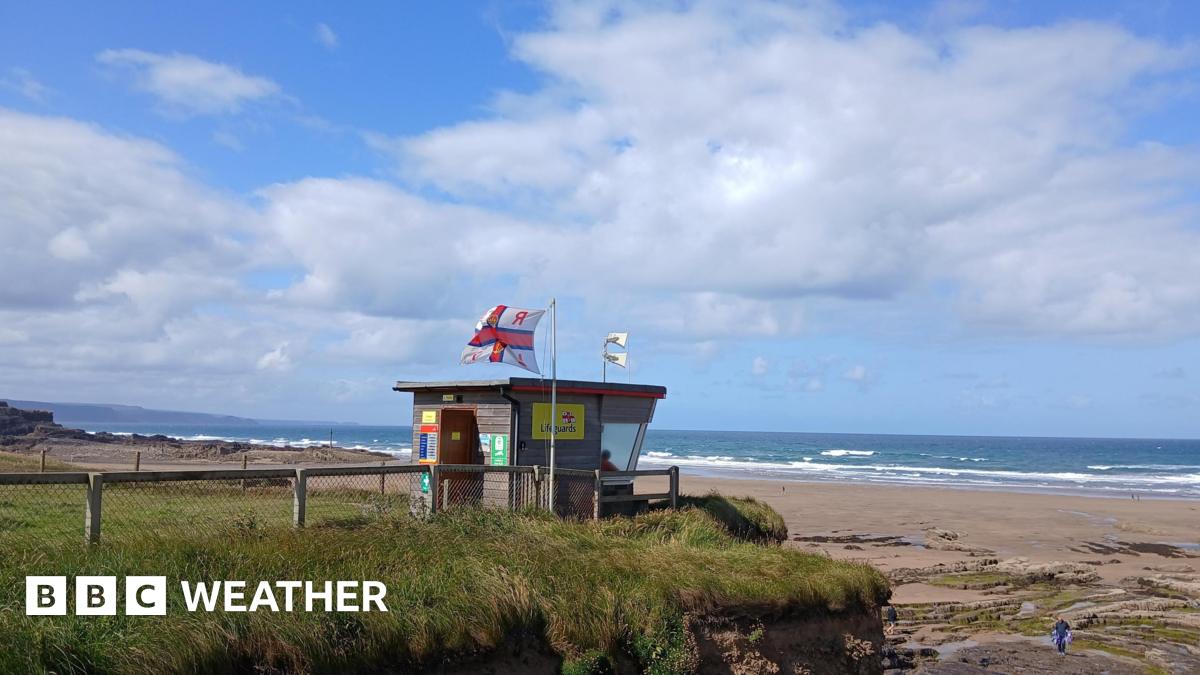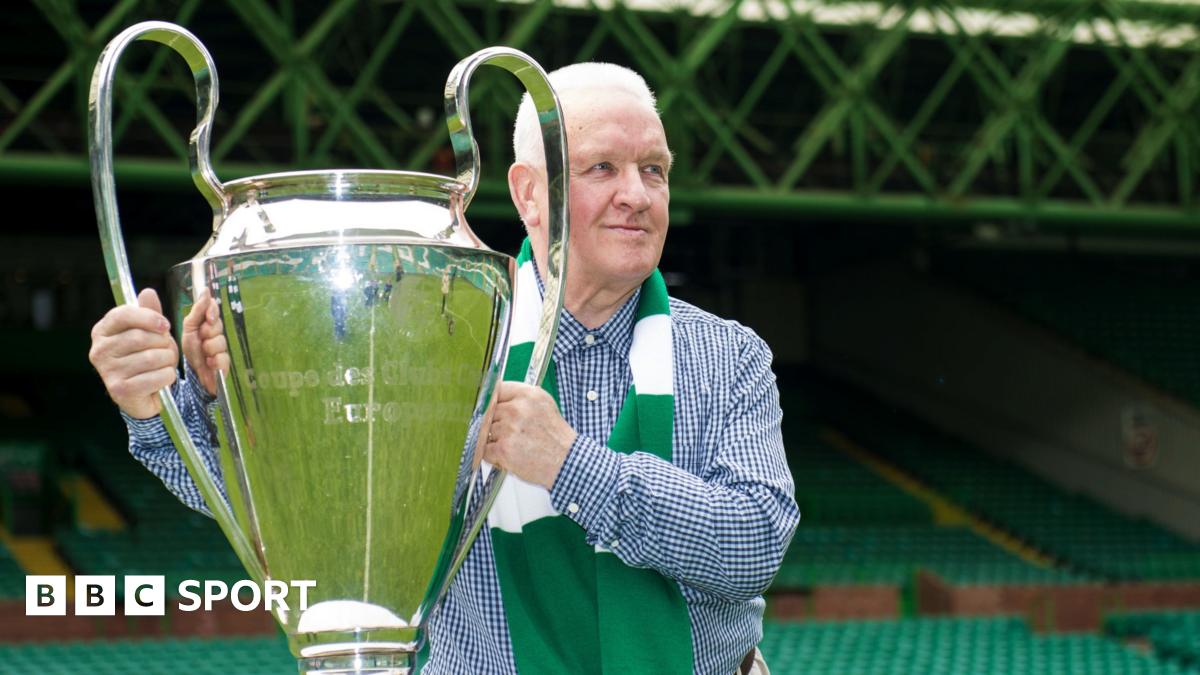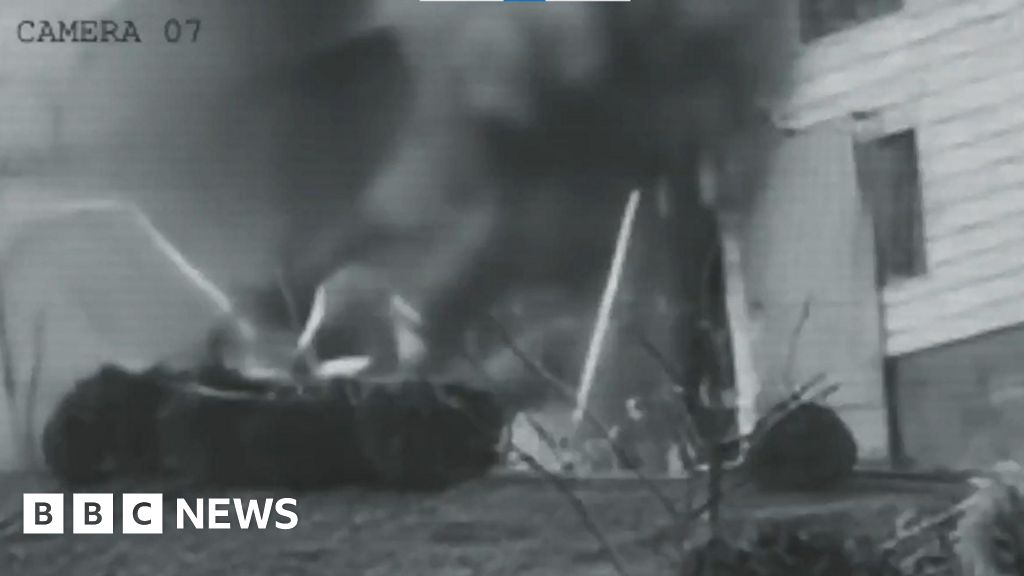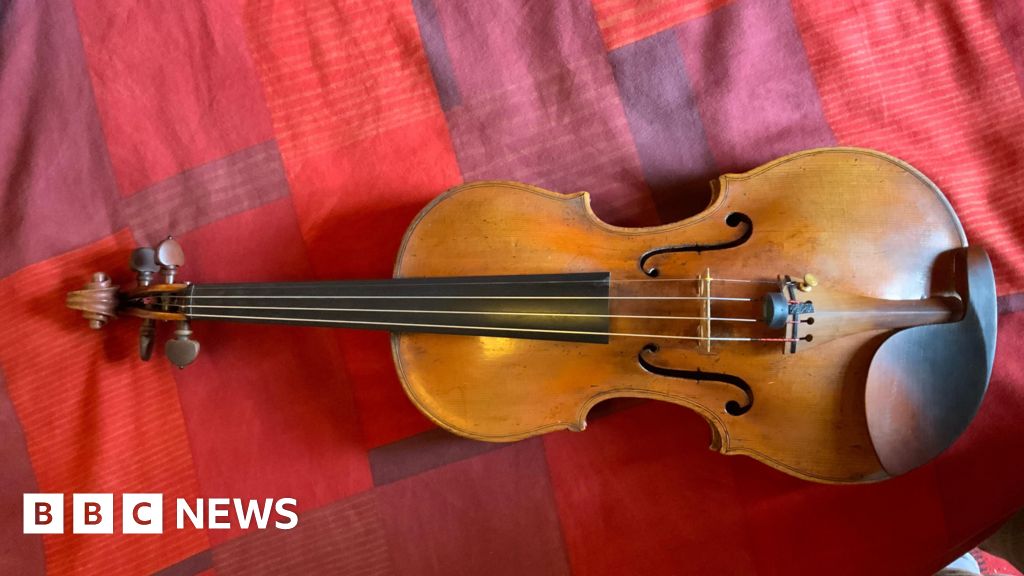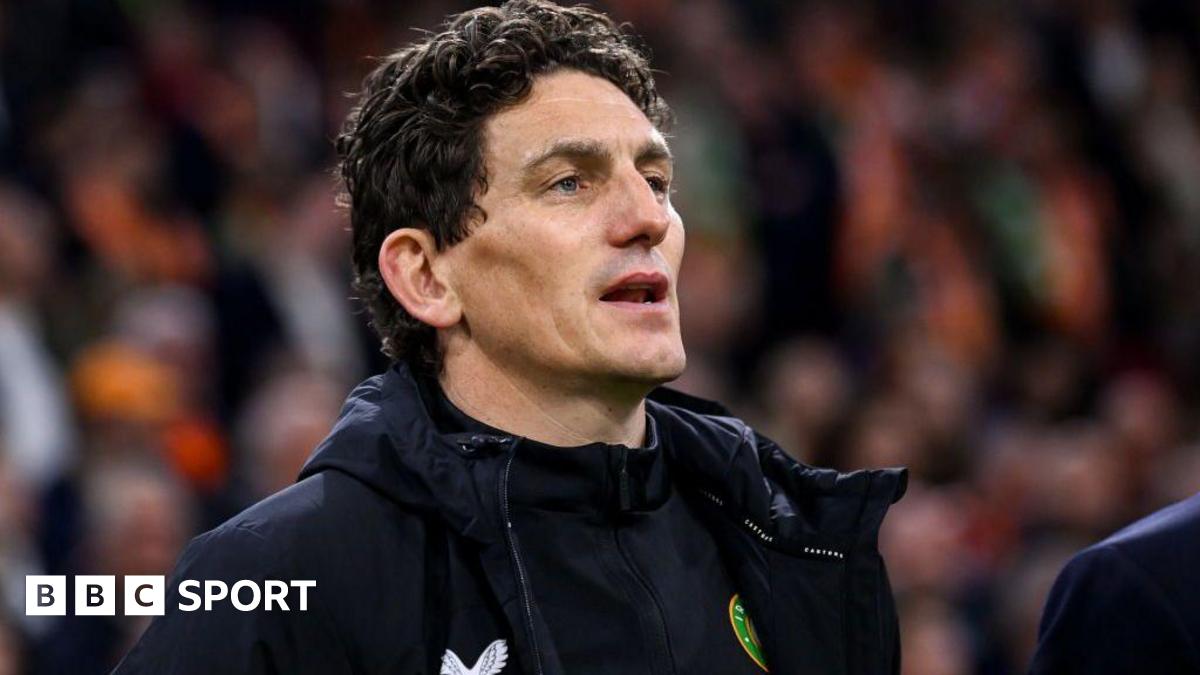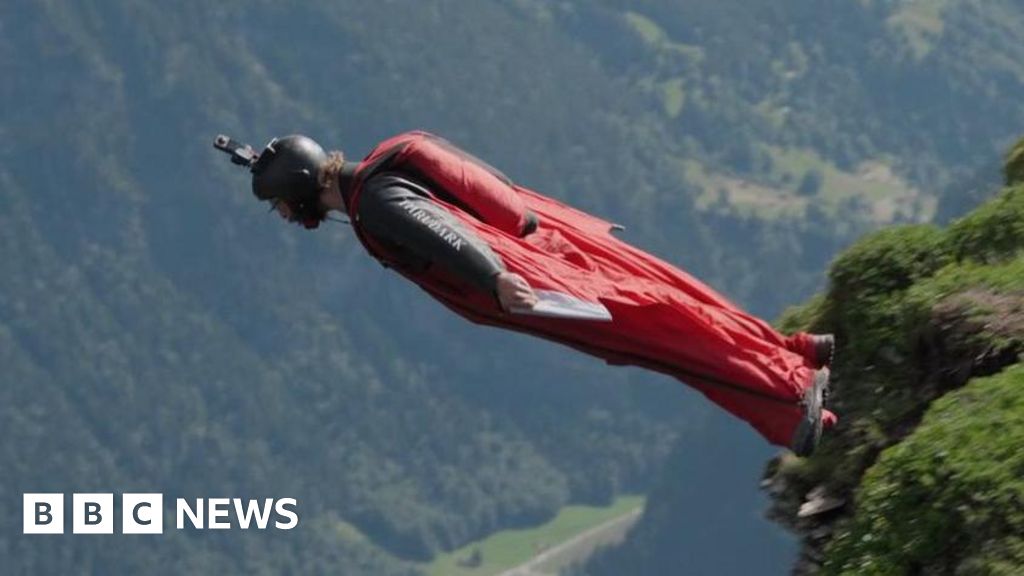In their own distinct ways, Bellamy and Martin are flagbearers for the progressive trends of modern football: possession-based styles of play and building from the back.
Most young coaches want to follow that path, as you can see when watching this year's crop of FAW Pro Licence candidates working on and off the field.
But there is still room for the old school on this course.
On the final day, former Stoke manager Tony Pulis is invited to host a masterclass on set-pieces. It is a wet and windy Tuesday. This is meant to be.
Before his practical session on the pitch at a rain-lashed Dragon Park, he gives the Pro Licence group a presentation on his career – and it is pure gold.
Pulis is in his element as he reels off stories about his humble beginnings as a player and coach, before getting on to his various managerial tenures, complementing each piece of advice with at least a couple of entertaining anecdotes that could earn him a second career on the after dinner speaking circuit.
The 67-year-old Welshman has the room howling with laughter, and on a couple of occasions a giggling Dante asks for a little translation help from those next to him as he tries to decipher Pulis' broad Newport accent and industrial language.
Among the jokes are a number of useful lessons, as Pulis answers questions on various topics, from the help he got from his peers (Sir Alex Ferguson and Carlo Ancelotti get a mention) to balancing family life with the exhaustive travelling that comes with management.
Then he steps out on to the field to take the practical session with a group of young players, freezing in the rain as Pulis barks orders at them as if he was preparing them for a long-throw from Rory Delap.
"It's always nice to come back to Wales and Newport. It's a special place, this is my town," Pulis says.
"I loved playing football for my local club, or just on the streets. It's always nice to come and to be involved in football, helping people starting out in their careers.
"Set-plays have always been an important part of football and I think they've been undervalued. Mikel [Arteta] doing it with Arsenal, such a big club not just in England but on the world stage, has brought it to the fore again.
"I've had such a tremendous career and the world's changed, the game's changed. My first training session at Gillingham, we had to take the goals off the main pitch and take them on a tractor to a park and train there with people and their dogs walking past. Then you look at this and the facilities we've got today… it's the greatest sport in the world and it's our sport."
Listening as intently to Pulis as the fledgling coaches – and laughing just as hard at the jokes – at the back of the room is the man who oversees the course, Dave Adams.
As the FAW's chief football officer, Adams is responsible for the men's and women's game at all levels in Wales.
He appointed both senior national team head coaches last year and, on top of his work in developing Welsh football, he leads the Pro Licence course.
"I'm standing on the work of other people in some respects. Osian Roberts [former FAW technical director] did a great job in creating a programme which was world-class," says Adams.
"What I tried to do with it when I started in 2019 was to go into the market and speak to head coaches because, fundamentally, you want a course that reflects the needs of head coaches, which are really complex and multi-faceted. It's very much reality-based learning. We don't want things to be abstract because coaching is a vocational skill.
"We get close to 400 applicants for 20 [Pro Licence] places every two years. It's highly competitive. We've got to try and support our Welsh coaches like Chris Gunter and people who are working for our national association. But equally, we recognise that by having people like Nuri Sahin and Mikel Arteta, Chris Wilder, Roberto Martinez, Steve Cooper before that – the names are extensive – they bring a different lens and, as much as we help them, they actually help us as well.
"They've coached and worked at the highest level. There's a recognition on our side that when we bring people like that, it's also about taking from them, and that helps us grows an association. We learn new things, which we can apply to our programmes or our national teams, and that helps us grow as well."
At the heart of the FAW's work is the concept of the Welsh Way, an ethos underpinning everything from the elite level to grassroots - a vision for football in Wales, how to develop the game and foster its sense of national pride.
"It's our mantra, Together Stronger. In any department, being small, being agile, being dynamic and everyone feeling a part of something is really important," Adams adds.
"In any high-performance coaching environment, that sense of togetherness is really important. Whether you're the head coach or the masseur or the chef, you've all got a vital part to play and got to buy into the vision of the head coach.
"It's important we have that mantra and it drives everything we do. Why should we dream small? Dream big. We're a small country but we've got incredible talent. We're interested in the small margins and that's what gives us a competitive advantage at the highest level."


